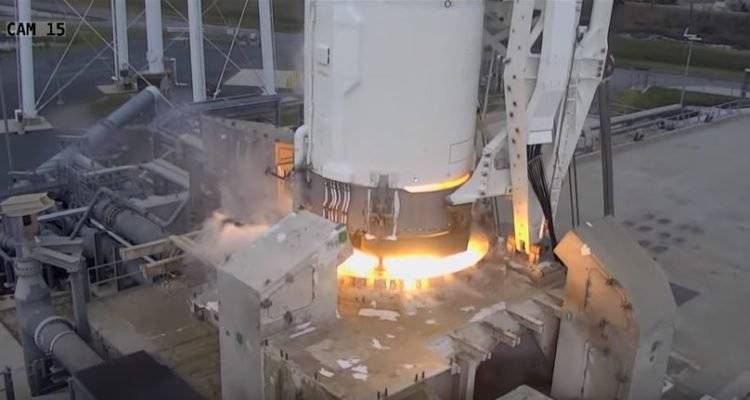The world’s first remote space lab, developed by Israel and conducted remotely by researchers on Earth, came on board the International Space Station.
Space-Pharma’s miniaturized laboratory was brought on board the International Space Station (ISS) on Tuesday, and all that the astronauts have to do is connect it to the station’s electrical system. Designed and customized ahead of time, all the testing is directly controlled by researchers on Earth through a website. Results, images and data will be sent directly to them in real time, so they will be able to change parameters or even re-run tests if certain variables or conditions aren’t met.
Made by Israel’s Space-Pharma, it’s a 30cm x 10cm x 10cm cube, weighs five kilograms and contains four science experiments.
Until now, experiments such as these could only be done by people on the ISS, which meant a long bureaucratic process, being dependent on the astronaut who’d have to learn how to conduct them – and a very high price tag.
By miniaturizing the equipment into a shoe box-sized cube and eliminating the need for human contact, the company has vastly reduced the price of such experiments and speeded them up considerably. For example, one of the biggest costs is that of the launch, so the more experiments you can fit on board the rocket, the less each one will cost.
Founded in 2012, Space-Pharma is the brainchild of two former members of the IDF’s Satellite unit, Yossi Yamin and Ido Priel. They understood that the microgravity environment was ideal for testing medical theories in such fields as stem cell therapy and antibiotic resistance, as well as for conducting research to develop certain kinds of new commercial products.
They raised their initial funding from several anonymous angel investors, the Israel Innovation Authority, and State of Mind Ventures, an Israeli early-stage venture firm. The lab’s development is also supported by the Israel Space Agency in the Science and Technology Ministry.
SpacePharma sent its first end-to-end lab into space last year in a nano-satellite to conduct biological experiments.










